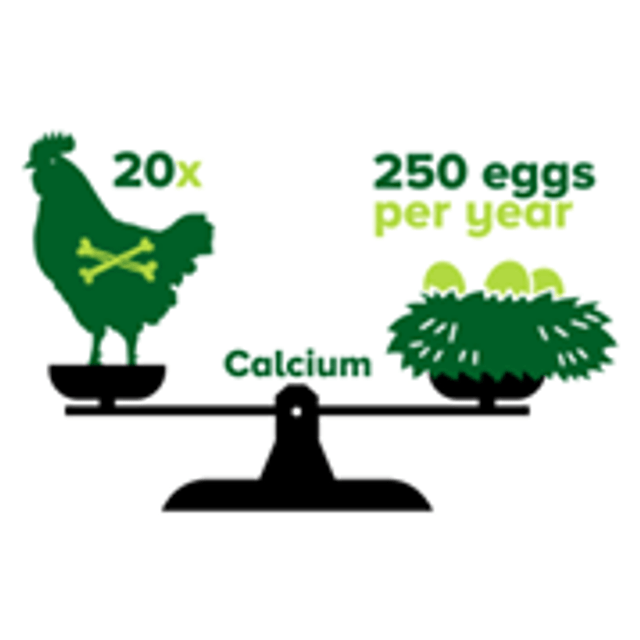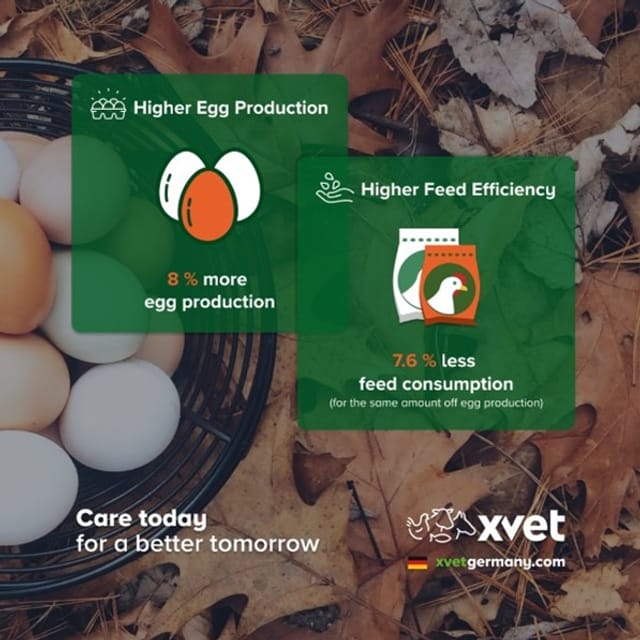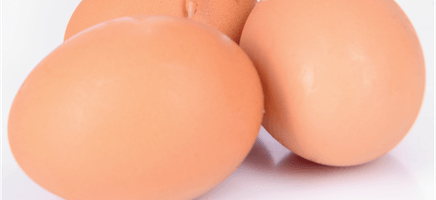
Low Egg Quality, a Challenge in Poultry Production
Ensuring optimal egg quality stands as a pivotal concern in poultry production, directly impacting market value and consumer satisfaction. Challenges often arise, notably in shell quality, prompting the need for strategic management. Factors contributing to poor egg quality, including stress, adverse environmental conditions, and the age of laying hens, necessitate comprehensive approaches. Proactive flock replacement and age structure management can counter the decline in shell quality associated with aging.
Diseases affecting reproductive health and the general well-being of laying hens further compound shell quality issues. Regular health monitoring and proactive disease prevention are imperative for sustained egg production. The role of nutrients cannot be overstated, especially in preventing deficiencies of Calcium, Phosphorus, and Vitamin D3, which are crucial for optimal eggshell formation. Furthermore, enriching the diet with vital components, including essential minerals, amino acids, and specific beneficial acids, plays a crucial role in fortifying overall egg quality.

Optimizing Egg Production and Flock Health: The Vital Role of Innovative Feed Additives
Incorporating key nutrients such as calcium, phosphorus, and vitamin D3 into layer diets is a critical strategy for increasing egg production, strengthening the eggshell, and ensuring flock health.

The nutritional benefits of calcium, phosphorus, and vitamin D3, when efficiently absorbed and utilized in the bird’s body, address issues such as prolapse and reduce overall mortality rates, playing a pivotal role in supporting productivity and health in laying hens. Laying hens have specific needs, especially during high production periods and as they age. Therefore, natural ingredients rich in omega-3 fatty acids and vitamins contribute to the nutritional profile of eggs. The inclusion of essential minerals supports the development of well-structured eggshells, while essential amino acids contribute to the overall protein content of eggs. Butyric acid, which is known to play a role in promoting intestinal health, also influences nutrient absorption and metabolism.
In addition to management programs, implementing a balanced diet with appropriate supplements, such as XVET’s Cal D Phos or Ovostrong, significantly supports optimal egg shell formation. These combined additives work synergistically to improve egg quality, enhance hatchability and make eggs more resilient with better structural integrity, meeting consumer expectations and contributing to sustainable and efficient egg production practices.
Our Solution
 Cal D Phos®Legs & Eggs
Cal D Phos®Legs & Eggs Ovostrong®Good inside, tough outside
Ovostrong®Good inside, tough outside